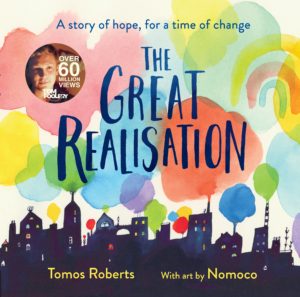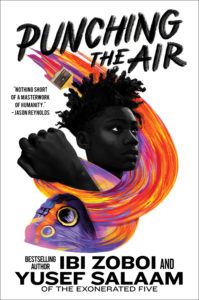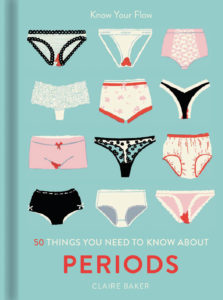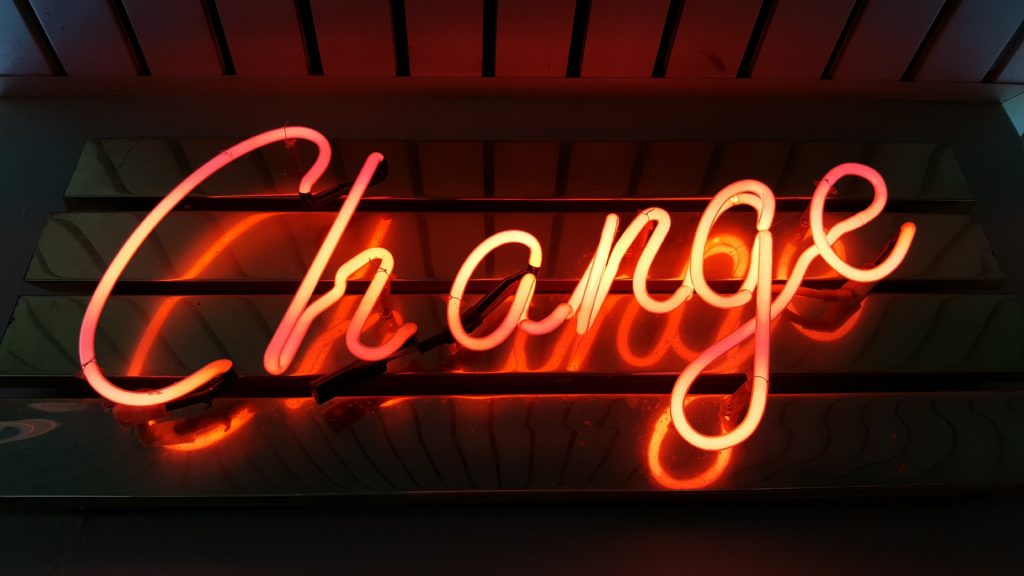The saying, ‘The pen is mightier than the sword,’ has been around for long time for a reason. In the 21st century it might more accurately be, ‘The keyboard is mightier than the sword,’ but the same sentiment still holds true; the written word has the power to change the world. The theme of this month’s blog is: Books Can Change the World. Each book explored below has its own powerful message, and each rightly deserves a place in the hands of as many children as possible.

 When events like the bushfires of Black Summer happen, the impact of our changing climate becomes very real. Talking about the implications of our changing climate can be very difficult to do with children; how can you be honest about what’s happening, but not overwhelm them with facts or negativity? This is where a book like The Polar Bear in Sydney Harbour comes in very useful. Written and illustrated by Beck and Robin Feiner (the duo behind If I Was Prime Minister), this gorgeous book tells the story of Hannah, who comes across a polar bear, Rodney, on a trip to Sydney Harbour. While you’d think the adults would spot an anomaly like Rodney quickly, Hannah struggles to get anyone to pay any attention to him, and she desperately needs help to make sure he gets home. Using wonderful, colourful illustrations and quirky, funny text, this story highlights the impacts of climate change, while providing hope that if we all work together, we can make a lasting difference. Classroom resources are coming soon.
When events like the bushfires of Black Summer happen, the impact of our changing climate becomes very real. Talking about the implications of our changing climate can be very difficult to do with children; how can you be honest about what’s happening, but not overwhelm them with facts or negativity? This is where a book like The Polar Bear in Sydney Harbour comes in very useful. Written and illustrated by Beck and Robin Feiner (the duo behind If I Was Prime Minister), this gorgeous book tells the story of Hannah, who comes across a polar bear, Rodney, on a trip to Sydney Harbour. While you’d think the adults would spot an anomaly like Rodney quickly, Hannah struggles to get anyone to pay any attention to him, and she desperately needs help to make sure he gets home. Using wonderful, colourful illustrations and quirky, funny text, this story highlights the impacts of climate change, while providing hope that if we all work together, we can make a lasting difference. Classroom resources are coming soon.
 For many of us, the real-world implications of lockdown and isolation have been difficult, and just making it through the day with sanity intact has been a challenge. For others, it has been a time of reflection. For some, being forced to spend more time at home has given them space to think about what the world was like before COVID-19; and while we look back at it longingly, was it really all that wonderful? Spoken-word poet, Tomos Roberts, wrote and filmed a pandemic bedtime story about his reflections during this period, The Great Realisation. This poem has now been adapted into a stunning picture book with beautiful illustrations by the artist, Nomoco. Roberts challenges us to think about all the things that were wrong with our world: pollution; poverty; isolation; greed; waste. He suggests that we can use the time we are living in as a reset button – a chance to reflect on the world we had, think about the kind of world want to live in, and then set about building a world that’s better for everyone. Classroom resources are available.
For many of us, the real-world implications of lockdown and isolation have been difficult, and just making it through the day with sanity intact has been a challenge. For others, it has been a time of reflection. For some, being forced to spend more time at home has given them space to think about what the world was like before COVID-19; and while we look back at it longingly, was it really all that wonderful? Spoken-word poet, Tomos Roberts, wrote and filmed a pandemic bedtime story about his reflections during this period, The Great Realisation. This poem has now been adapted into a stunning picture book with beautiful illustrations by the artist, Nomoco. Roberts challenges us to think about all the things that were wrong with our world: pollution; poverty; isolation; greed; waste. He suggests that we can use the time we are living in as a reset button – a chance to reflect on the world we had, think about the kind of world want to live in, and then set about building a world that’s better for everyone. Classroom resources are available.
 Over the past 12 months verse novels have had a resurgence, and I am here for it! And, more importantly, so are our students. Punching the Air is more than just a verse novel though, it’s a howl of anger and pain about the injustice that so many people of colour experience. This powerful and absorbing story is written by Ibi Zoboi, a bestselling Haitian-American author, and Yusef Salaam, a member of The Exonerated Five (you can find out more about their story here, and the authors here), who is a poet and activist. While based on Salaam’s experience of being convicted of a crime he didn’t commit, and influenced by the hip-hop style poetry he wrote while in detention, this is not that story. However, it could, unfortunately be the story of many young African-American men. While it would be understandable if it was a story of despair, this book is not – it is a story of hope and the power of good people to right terrible wrongs. Classroom resources are available.
Over the past 12 months verse novels have had a resurgence, and I am here for it! And, more importantly, so are our students. Punching the Air is more than just a verse novel though, it’s a howl of anger and pain about the injustice that so many people of colour experience. This powerful and absorbing story is written by Ibi Zoboi, a bestselling Haitian-American author, and Yusef Salaam, a member of The Exonerated Five (you can find out more about their story here, and the authors here), who is a poet and activist. While based on Salaam’s experience of being convicted of a crime he didn’t commit, and influenced by the hip-hop style poetry he wrote while in detention, this is not that story. However, it could, unfortunately be the story of many young African-American men. While it would be understandable if it was a story of despair, this book is not – it is a story of hope and the power of good people to right terrible wrongs. Classroom resources are available.
Read of the Month – 50 Things You Need to Know About Periods
I had a copy of 50 Things You Need to Know About Periods sitting on my WFH desk, and my partner asked me, ‘Are there actually 50 things you need to know about periods?’ I responded along the lines that by the time you consider all the psychological and physiological effects of periods and their associated hormones, there are at least 50 things we all need to know about periods.
 While learning more about periods and the menstrual cycle may not change the world, educating ourselves about the impact of this process, which impacts a significant portion of the world’s population, can radically improve the day-to-day experience of people who menstruate. Before reading 50 Things You Need to Know About Periods, I would have said I was relatively well informed about the menstrual cycle, but I learnt so much from this book.
While learning more about periods and the menstrual cycle may not change the world, educating ourselves about the impact of this process, which impacts a significant portion of the world’s population, can radically improve the day-to-day experience of people who menstruate. Before reading 50 Things You Need to Know About Periods, I would have said I was relatively well informed about the menstrual cycle, but I learnt so much from this book.
The author, Claire Baker, uses engaging and easy to understand language to inform and guide her readers. The 50 things we need to know range from the factual (#7 Hormonal happenings), to advice (#23 Reusable pads and period undies), through to the empowering (#46 How to talk to people about your periods). The menstrual cycle is broken up into four phases (I learnt there are four phases!), and likened to the four seasons, with corresponding differences in the impacts each season has on people who menstruate. There are activities like journaling that can be completed if people would like to learn more about their own cycle, or the book can just be read for the information and wisdom it imparts.
While there is much in this book that would be helpful for people who have not yet, or who have only just started menstruating, it is really aimed at those who have lived with periods for some time. And, if you are a parent or teacher, the young people in your care will certainly benefit from you having read this book. I wish that I had read this book when I was in my late teens; long enough to have some familiarity with my own cycle, but also aware that there was much I didn’t understand. This is a book that everyone, both menstruating and not menstruating, should familiarise themselves with.




